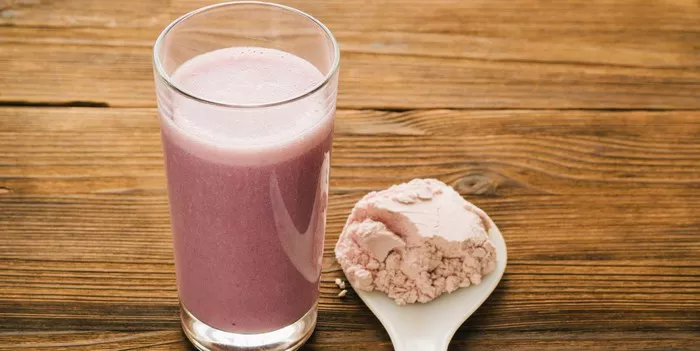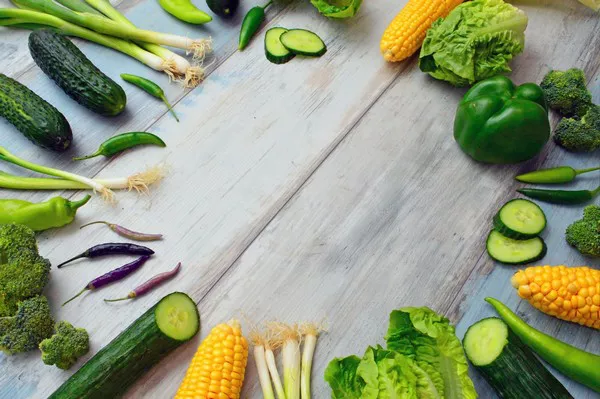Red yeast rice, also known as Angkak, may not be widely recognized as a staple food worldwide, but health experts highlight its potential benefits for cardiovascular health.
Amanda Frick, Vice President of Medical Affairs at Thorn Company, explained to the New York Post that red yeast rice is produced by fermenting rice with a specific yeast strain called Monascus purpureus, resulting in a distinctive deep red compound.
“Red yeast rice has a long history of use in traditional Chinese and Western herbal medicine to support healthy cholesterol levels and enhance blood circulation,” Frick said.
Scientific studies have shown that red yeast rice contains natural compounds that can help regulate total cholesterol, low-density lipoprotein (LDL) cholesterol, and triglycerides — the most prevalent fat type in the human body.
In addition, it is rich in plant sterols such as beta-sitosterol, campesterol, stigmasterol, and isoflavones, all contributing to cardiovascular health.
“The health benefits of red yeast rice stem less from the rice itself and more from the compounds produced during its fermentation,” Frick noted. “While white and brown rice provide essential carbohydrates and fiber, they lack the additional sterols and antioxidants found in red yeast rice.”
Although classified as a rice product, red yeast rice is commonly consumed in powdered form, dietary supplements, or incorporated into fermented foods.
“Foods such as fermented tofu, red rice vinegar, and Japanese sake contain red yeast rice,” Frick added. “In traditional Chinese medicine, it is often combined with other ingredients or prepared under specific conditions to maximize efficacy. For therapeutic purposes, supplements are generally preferred to ensure consistent delivery of active compounds.”
Side effects reported are generally mild and may include gastrointestinal discomfort, headaches, or red-tinted stools. However, red yeast rice is not suitable for everyone.
Frick emphasized, “Before incorporating red yeast rice into your regimen, consult your healthcare provider to determine if it is appropriate for your individual health needs.”
Women who are pregnant, breastfeeding, or trying to conceive should avoid red yeast rice. Likewise, individuals with kidney or liver conditions should exercise caution, as the supplement may interact adversely with certain medications, alcohol, supplements, and grapefruit.
There is also a potential contamination risk; some red yeast rice supplements have been found to contain citrinin, a toxic fermentation byproduct that can harm kidney and liver function.
Related Topics
































